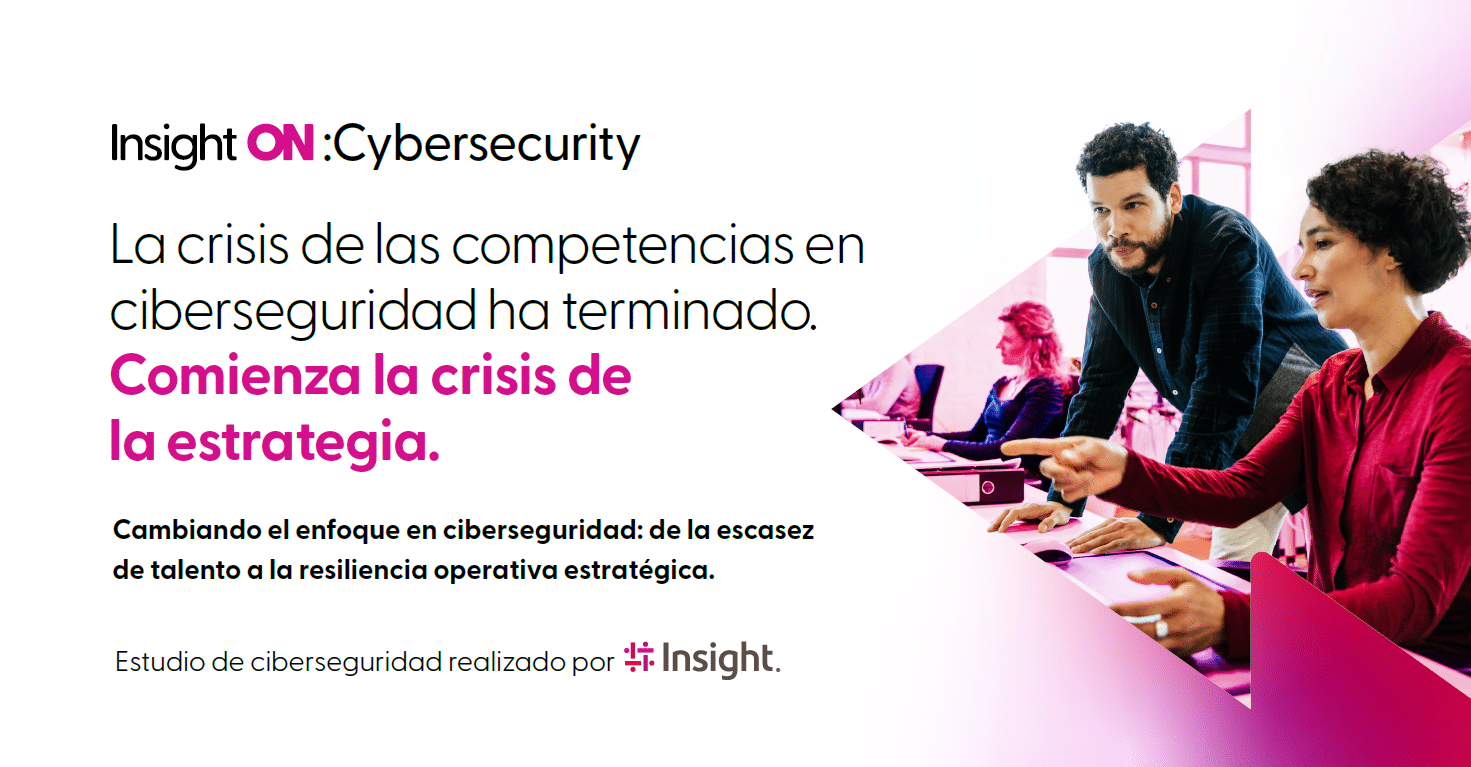Here’s the translation into American English:
—
The growing skills crisis in cybersecurity is alarmingly affecting companies in EMEA, especially in Spain, where 85% of organizations have reported a significant shortage of qualified personnel. This issue has led 64% of companies to adopt temporary and often inadequate solutions to manage their security needs, putting their operational integrity at risk.
A study by Insight Enterprises reveals the severity of the situation, indicating that 50% of companies in Spain believe the impact of this talent shortage is “severe” or “significant.” This deficiency is more pronounced in senior management positions, where 64% of organizations identify gaps in essential areas such as governance and risk assessment.
The landscape becomes even more complex when observing that only 24% of IT leaders in EMEA feel equipped with the necessary skills to tackle constantly evolving cyber threats. This lack of readiness has caused delays in key initiatives, complicating compliance for more than half of the respondents.
Among the main obstacles preventing the closure of this gap is the high cost associated with hiring and training, identified by 68% of IT leaders. Additionally, 65% cite the shortage of qualified candidates as a determining factor in this crisis. However, the problem is not limited to technical aspects; it also affects leadership and regulatory compliance functions, which weakens long-term organizational resilience.
In light of this context, the need for a renewed approach to cybersecurity is evident. Adrian Gregory, President of Insight for EMEA, emphasizes that the solution does not lie solely in increasing headcount or acquiring more technological tools. It’s essential to transform how security is approached, shifting from a reactive defense to a more proactive strategy.
To tackle this challenge, it is crucial to cultivate a new type of leadership capable of fostering collaboration between humans and machines. This shift will enable the translation of technical risks into business impacts, ensuring that security is integrated into the heart of innovation.
The conclusion is clear: companies aiming to lead in the next era will be those that successfully align strategic talent with advanced technology, establishing trusted partnerships. This synergy is vital for fostering the resilience needed to grow, adapt, and stay ahead in an increasingly competitive environment.
Referrer: MiMub in Spanish











